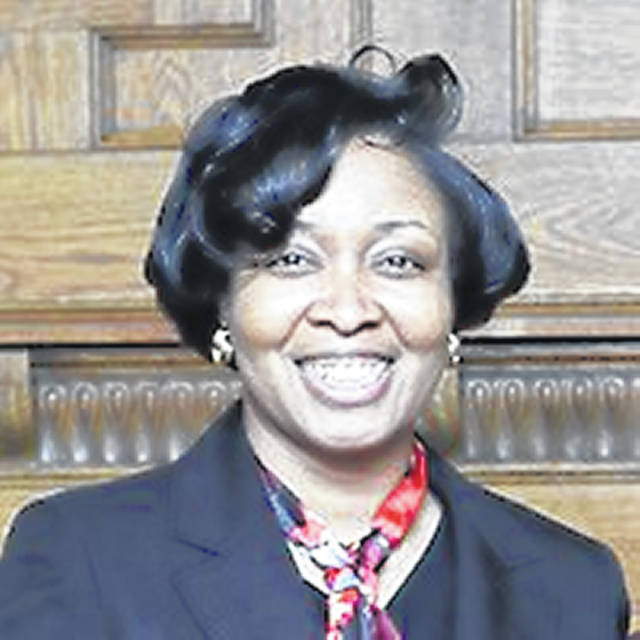After the tragic murder of Philadelphia-born rapper PnB Rock in Los Angeles on Sept. 12, I noticed several articles making urgent pleas to his hip-hop peers, imploring them to take an honest look at the violence and brutal gang lifestyle glorified in the genre.
This petition is decades old, as critics of rap that include cultural scholars, journalists and many parents have consistently condemned the sexual objectification of young African American women in music videos and the brazen lyrics that extol the criminal nature of the streets. Urban poverty and poor education can take a lot of blame for the latter, but there also needs to be some accountability from those in the industry.
One national protest back in 2007 was led by the Rev. Al Sharpton, who appealed for rap lyrics to be cleaned up after then-shock jock Don Imus called the Black female members of the Rutgers University women’s basketball team “nappy-headed hos.” While Imus was justifiably slammed in the media for his racist comments, many people pointed out that rappers using disparaging language in their songs should be held to the same standard.
I’ve always viewed the vilifying lyrics of rap, particularly gangsta rap from the ’80s and ’90s to the current trap music of today, as a vital factor in the influence of the violent culture that ensnares and follows these young artists.
Now, many proponents of rap would contend that I am making a hasty generalization in linking violence and murder to the rhymes artists “spit,” a slang term used to refer to skilled rappers, but words have tremendous power. I am a firm believer in what Proverbs 18:21 states: “Death and life are in the power of the tongue: and they that love it shall eat the fruit thereof.” This scripture teaches that the fruit of your mouth affects your life by what you speak into the atmosphere around you. You can either bless or curse yourself by the words you choose.
PnB Rock, whose real name was Rakim Hasheem Allen, was not particularly known for staging a gangsta or thug lifestyle in his music. He once described his style as a combination of “good melodies,” and his career took off with his popular 2015 hit “Fleek.” However, PnB Rock’s lyrics were filled with profanity including the N-word, and some of his videos featured scantily clad women while he bragged about his wealth and sexual conquests.
One of his later songs that reveals he was becoming more immersed into the violent culture of rap is “Gang Up,” his 2017 collaboration with Wiz Khalifa, Young Thug and 2 Chainz. PnB Rock provides the hook, where he says in the first line, “I’m with the gang, gang, gang, yeah we ‘bout to go up.” In the first verse, 2 Chainz raps about being “a villainous winner,” giving the “middle finger to rivals” and being “strapped,” which in urban slang means to have a gun.
One of PnB Rock’s songs that expresses the mental toll of the violence and murder he witnessed is his 2021 release “Lost U 2 Da Game,” where he laments the slaying of one of his young friends, who was only 16, along with deaths of some of his inner circle. While expressing his deep pain, he also vents about his enemies, his “opps.” For PnB Rock’s fans, perhaps the most painful line to reflect on in the wake of his death is “and you know I can’t go out sad.”
As I was reading over “Lost U 2 Da Game” lyrics, one line that stood out to me and is especially poignant now is when PnB Rock says: “If I had one wish it would be a second chance/Wanna tell you that I love you and hold your hand.”
It’s truly unfortunate that PnB Rock won’t get a second chance, as what he rapped about in this song ended up manifesting in his life. He was only 30 years old, and he will not get a second chance to seek God, hug his daughters or tell his family that he loved them. He joins the list of rappers who were shot within the past three years, which includes Nipsey Hussle, Snootie Wild and Wavy Navy Pooh. Sadly, death snatched these young men in the prime of their lives.







